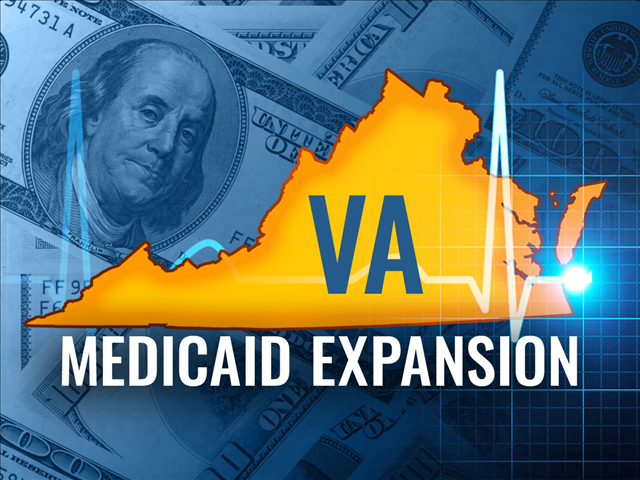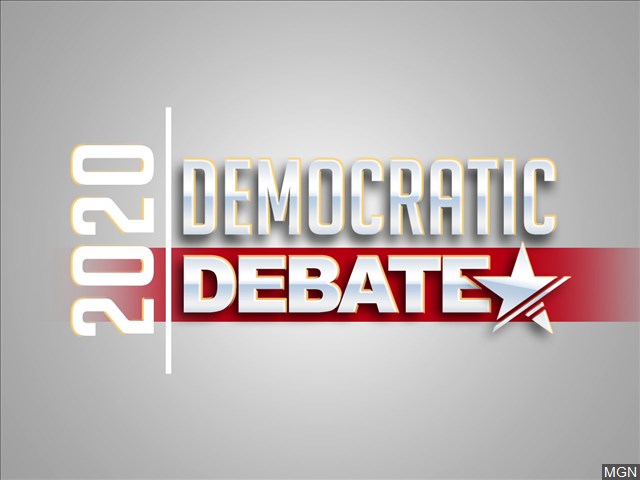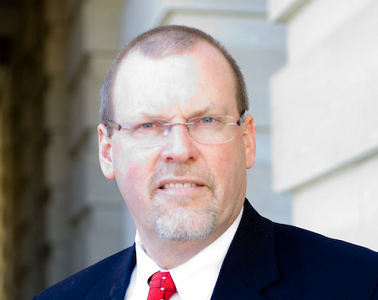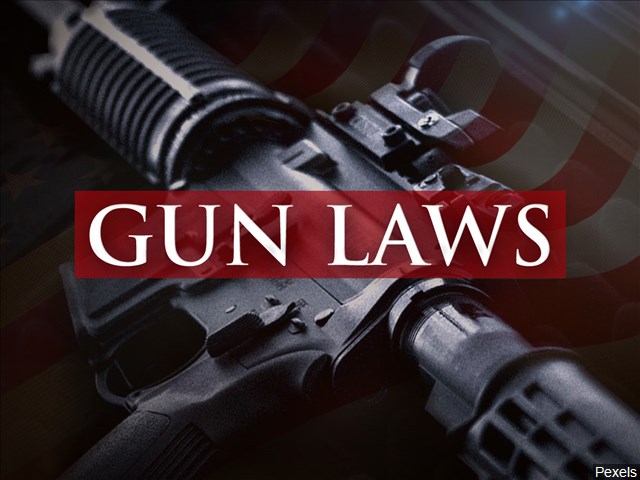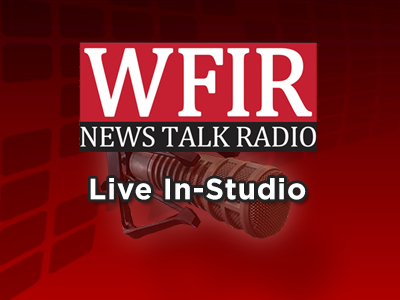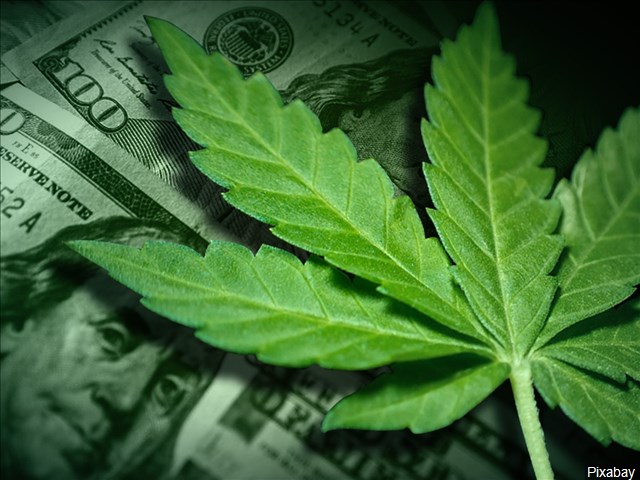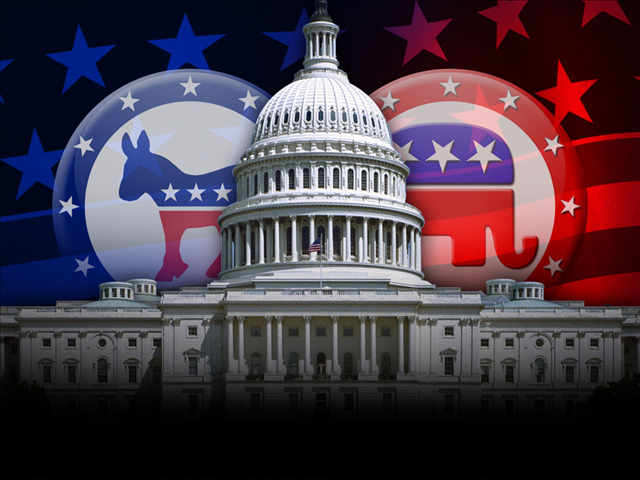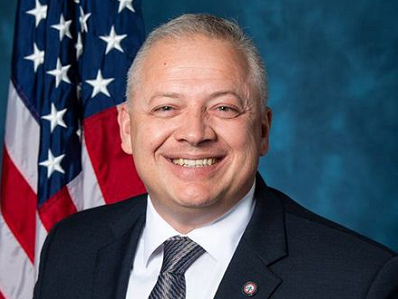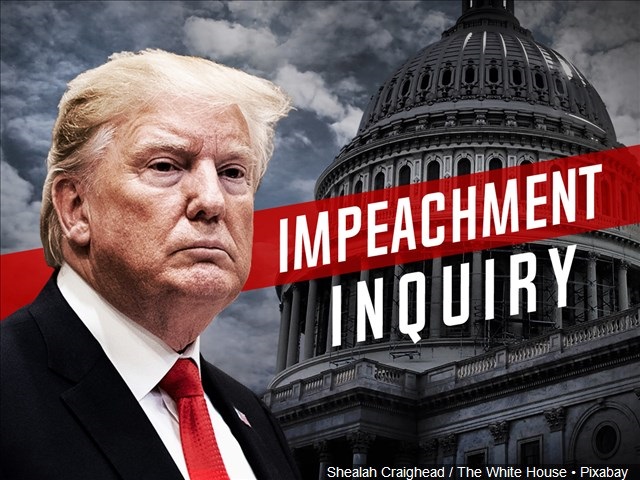As many as 74,000 Medicaid patients in Virginia could lose coverage if work requirements go into effect....
State and National Government
Virginia’s former governor says none of the lower polling Democrats made an impression during last night’s Presidential...
Republican Congressman Morgan Griffith says the Democratic party’s presidential candidates have shown how purely partisan the House...
RICHMOND, Va. (AP) — Officials in Virginia say the state has met its deadline to mail taxpayers...
ALEXANDRIA, Va. (AP) — A federal judge has refused to dismiss a legal challenge by a group...
Virginia’s former Democratic Governor and a former Arizona Congresswoman came together to protest the NRA and call...
Democratic presidential candidate Tulsi Gabbard could spoil the party – she’s threatened to skip Tuesday’s 12-person debate,...
Darlene Lewis likes to say “I’m listening” in her campaign to unseat Republican 8th district incumbent delegate...
A bill that would amend federal law so that banks and other financial intuitions may work directly...
Officials with the Science Museum of Western Virginia will help people make Halloween-type crafts. WFIR’s Ian Price...
RICHMOND, Va. (AP) – A political action committee says they plan to donate an additional $1.5 million...
The group behind efforts to see Amtrak service extended to the New River Valley say state transportation...
One Virginia’s Democratic US Senators says recent controversial comments by President Trump show the need for better...
5th district Republican Congressman Denver Riggleman doesn’t see any “smoking gun” that would cause him to back...
A new nationwide poll conducted by Quinnipiac University shows American voters are divided on impeaching and removing...

